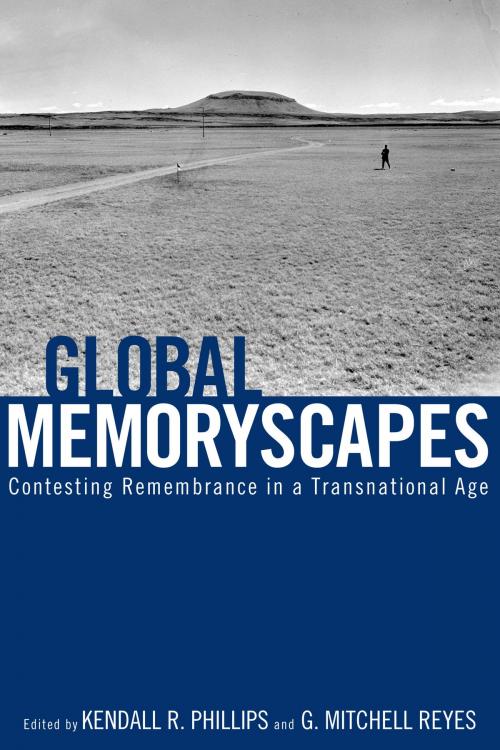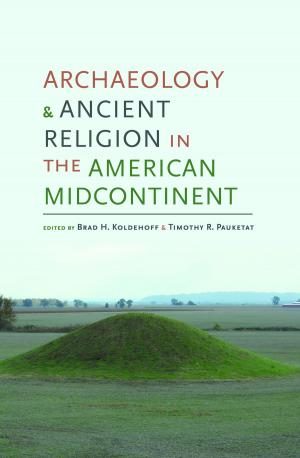Global Memoryscapes
Contesting Remembrance in a Transnational Age
Nonfiction, Social & Cultural Studies, Social Science, Human Geography| Author: | Christine Lavrence, Ekaterina V. Haskins, Cynthia D. Cervantes, Kristin Sorensen, Margaret A. Lindauer, Katherine Mack, Zeynep Turan, Urvashi Butalia | ISBN: | 9780817385699 |
| Publisher: | University of Alabama Press | Publication: | September 7, 2011 |
| Imprint: | University Alabama Press | Language: | English |
| Author: | Christine Lavrence, Ekaterina V. Haskins, Cynthia D. Cervantes, Kristin Sorensen, Margaret A. Lindauer, Katherine Mack, Zeynep Turan, Urvashi Butalia |
| ISBN: | 9780817385699 |
| Publisher: | University of Alabama Press |
| Publication: | September 7, 2011 |
| Imprint: | University Alabama Press |
| Language: | English |
Normal0falsefalsefalseMicrosoftInternetExplorer4
Normal0falsefalsefalseEN-USX-NONEX-NONEMicrosoftInternetExplorer4The transnational movement of people and ideas has led scholars throughout the humanities to reconsider many core concepts. Among them is the notion of public memory and how it changes when collective memories are no longer grounded within the confines of the traditional nation-state. An introduction by coeditors Kendall Phillips and Mitchell Reyes provides a context for examining the challenges of remembrance in a globalized world. In their essay they posit the idea of the “global memoryscape,” a sphere in which memories circulate among increasingly complex and diffused networks of remembrance.
The essays contained within the volume--by scholars from a wide range of disciplines including American studies, art history, political science, psychology, and sociology--each engage a particular instance of the practices of memory as they are complicated by globalization.
Subjects include the place of nostalgia in post-Yugoslavia Serbian national memory, Russian identity after the collapse of the Soviet Union, political remembrance in South Africa’s Truth and Reconciliation Commissions, the role of Chilean mass media in forging national identity following the arrest of Augusto Pinochet, American debates over memorializing Japanese internment camps, and how the debate over the Iraq war is framed by memories of opposition to the Vietnam War.
Normal0falsefalsefalseMicrosoftInternetExplorer4
Normal0falsefalsefalseEN-USX-NONEX-NONEMicrosoftInternetExplorer4The transnational movement of people and ideas has led scholars throughout the humanities to reconsider many core concepts. Among them is the notion of public memory and how it changes when collective memories are no longer grounded within the confines of the traditional nation-state. An introduction by coeditors Kendall Phillips and Mitchell Reyes provides a context for examining the challenges of remembrance in a globalized world. In their essay they posit the idea of the “global memoryscape,” a sphere in which memories circulate among increasingly complex and diffused networks of remembrance.
The essays contained within the volume--by scholars from a wide range of disciplines including American studies, art history, political science, psychology, and sociology--each engage a particular instance of the practices of memory as they are complicated by globalization.
Subjects include the place of nostalgia in post-Yugoslavia Serbian national memory, Russian identity after the collapse of the Soviet Union, political remembrance in South Africa’s Truth and Reconciliation Commissions, the role of Chilean mass media in forging national identity following the arrest of Augusto Pinochet, American debates over memorializing Japanese internment camps, and how the debate over the Iraq war is framed by memories of opposition to the Vietnam War.















